Melbourne Student Visa Guide (2025)
Students worldwide choose Melbourne because it gives them prime access to outstanding education while letting them experience cultural life and find successful work opportunities. Knowing student visa regulations is essential for people who want to study in Melbourne during 2025. This guide explains all details about the Student Visa (Subclass 500) including examination prerequisites and fees plus current visa policy.
Overview of the Student Visa (Subclass 500)
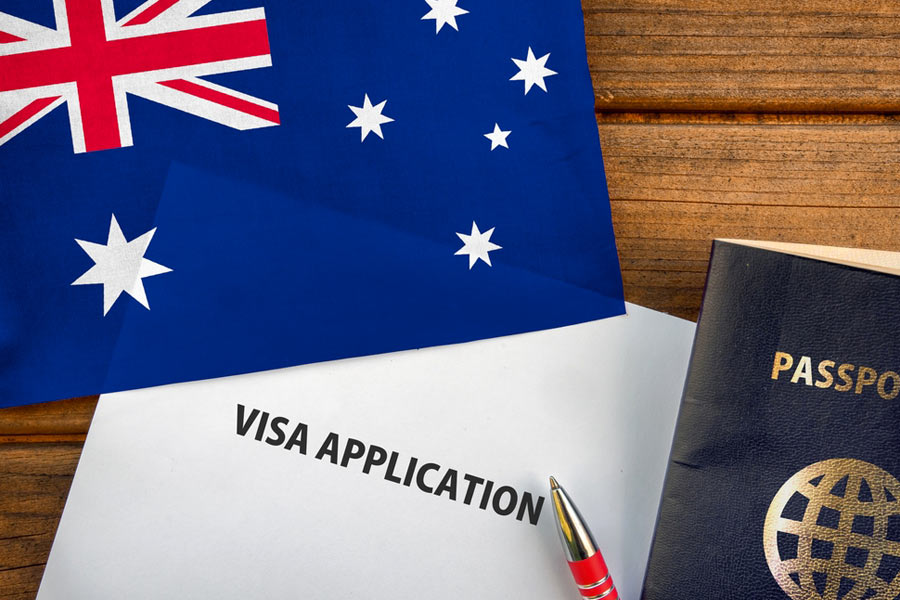
The Student Visa (Subclass 500) allows international students to live, study, and work in Australia for the duration of their course. With this visa, students can:
- Stay in Australia for up to five years (based on the course length)
- Work up to 48 hours per fortnight during academic terms and unlimited hours during scheduled breaks
- Include eligible family members in the visa application
- Travel freely in and out of Australia
Key Requirements for the Student Visa
To be eligible for a Student Visa (Subclass 500), applicants must meet several requirements:
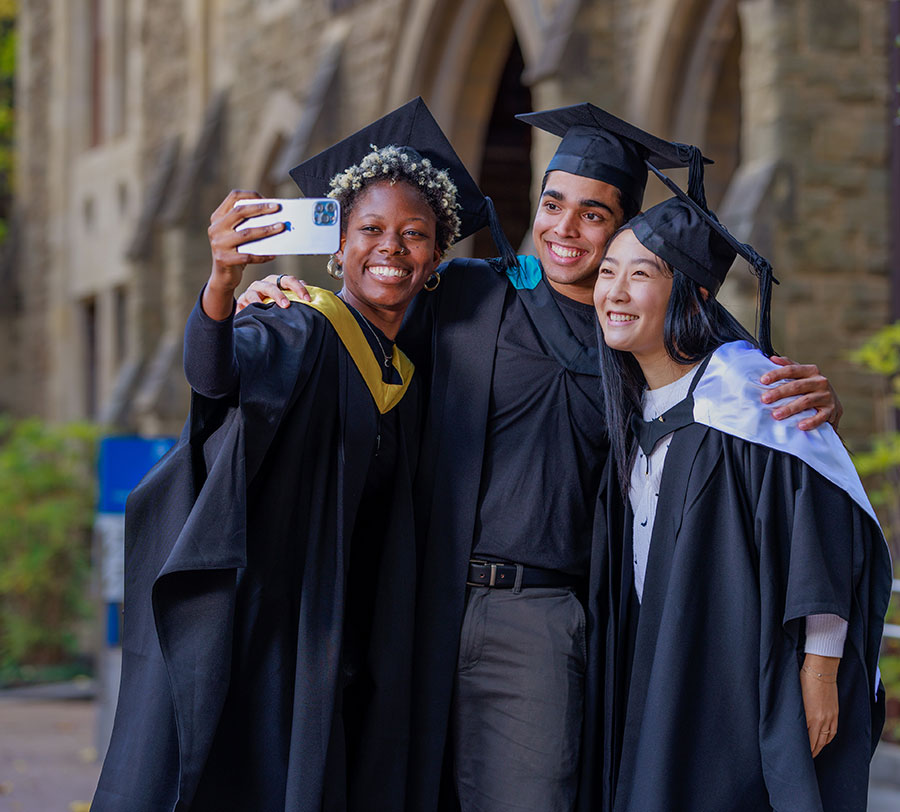
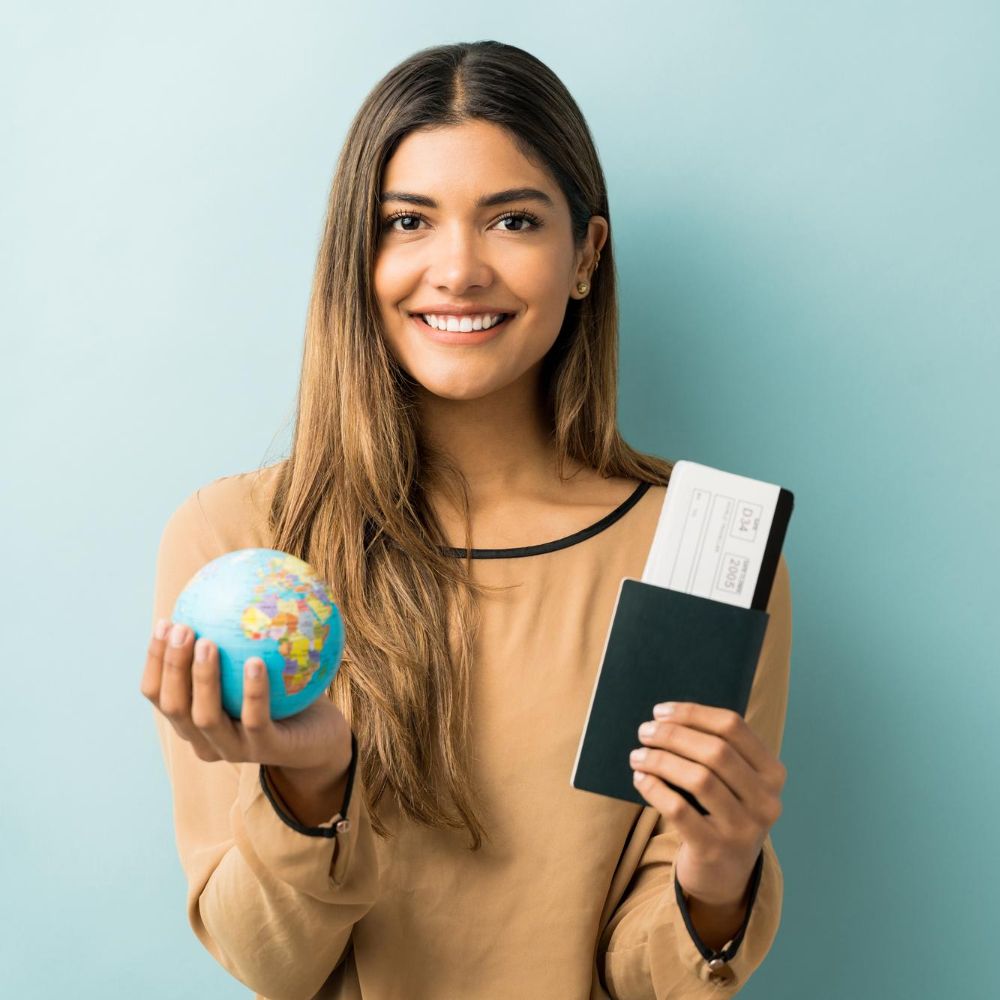
Confirmation of Enrolment (CoE)
As of January 1, 2025, onshore student visa applicants must provide a Confirmation of Enrolment (CoE) at the time of application. The CoE is issued by an Australian educational institution upon successful enrolment in a CRICOS-registered course.
English Language Proficiency
Applicants must provide evidence of English language proficiency. Accepted tests and minimum score requirements vary by institution but generally include:
- IELTS: Minimum score of 6.0
- TOEFL iBT: Minimum score of 60
- PTE Academic: Minimum score of 50
- Cambridge Advanced (CAE): Minimum score of 169
Financial Capacity Requirement
Students must demonstrate sufficient funds to cover tuition fees, living expenses, and travel costs. As of May 2024, the minimum financial requirement is AUD 29,710 per year for living expenses.
Estimated Monthly Cost Breakdown in Melbourne
- Rent: AUD 1,500–2,500 (varies by location)
- Groceries: AUD 300–500
- Transport: AUD 200 (public transport pass)
- Health insurance: AUD 500+ per year
Overseas Student Health Cover (OSHC)

Students must obtain Overseas Student Health Cover (OSHC) for the duration of their stay in Australia. OSHC helps cover medical expenses and hospital treatment.
Genuine Temporary Entrant (GTE) Requirement
The GTE requirement ensures that applicants genuinely intend to stay in Australia temporarily for study purposes. The assessment considers:
- Previous study and work experience
- Ties to home country
- Economic circumstances
Health and Character Requirements
Applicants must:
- Undergo a medical examination (if required)
- Provide police clearance certificates from any country lived in for over 12 months in the past 10 years
Student Visa Application Process
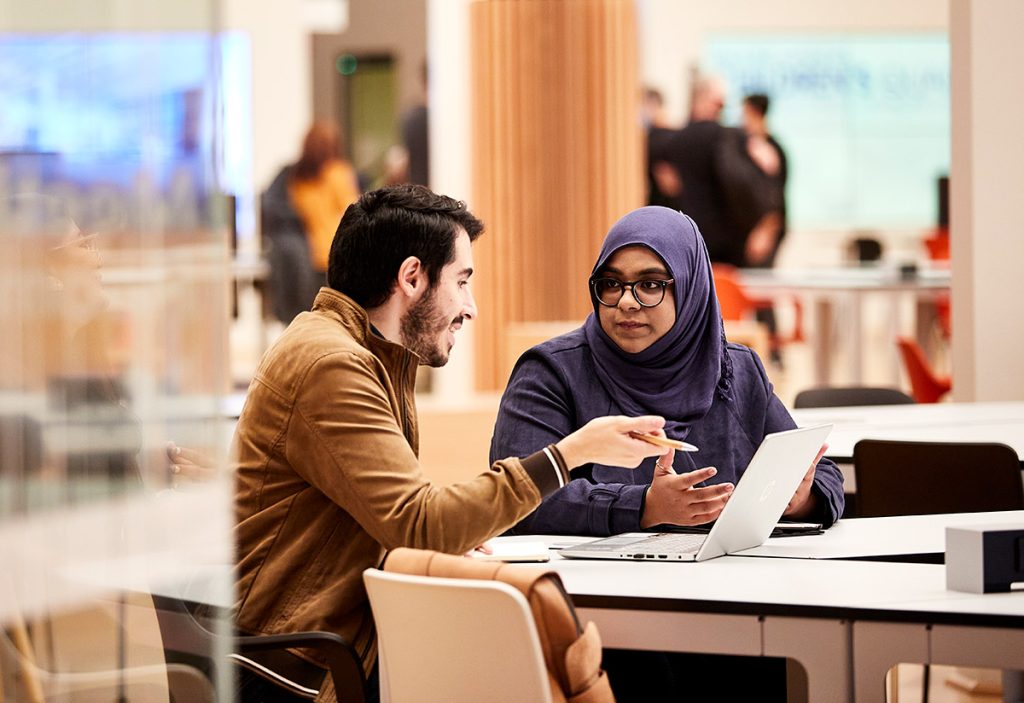

Step 1: Enrol in a Course
Secure admission in a CRICOS-registered course and obtain your Confirmation of Enrolment (CoE).
Step 2: Gather Required Documents
Prepare supporting documents, including:
- Valid passport
- Confirmation of Enrolment (CoE)
- English language test results
- Proof of financial capacity
- Health insurance (OSHC) certificate
- GTE statement
Step 3: Submit Your Visa Application
Lodge your application online through the Department of Home Affairs website. Ensure all required documents are attached.
Step 4: Pay the Visa Fee
As of July 1, 2024, the student visa application fee has increased from AUD 710 to AUD 1,600.
Step 5: Attend a Biometrics and Health Examination (If Required)
Some applicants may need to provide biometric data or undergo a medical exam.
Step 6: Wait for Processing and Decision
The standard processing time for student visas varies but typically takes 4–6 weeks. Applicants can track their application online.
Scholarships for International Students
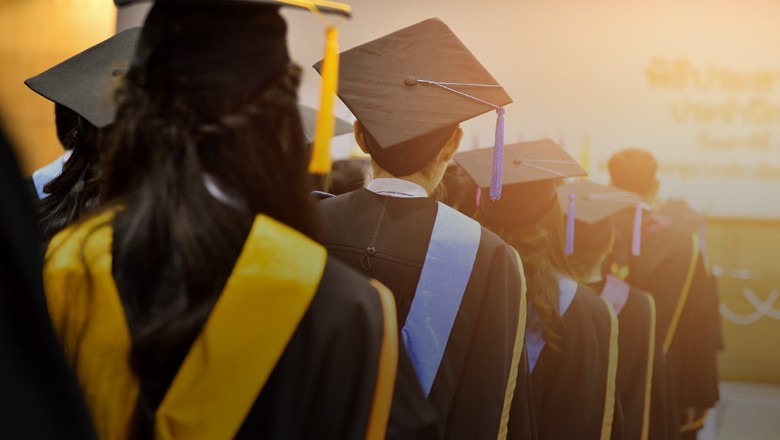

Australia offers various scholarships for international students, which can significantly reduce tuition fees and living expenses.
- Australia Awards Scholarships – Fully funded scholarships by the Australian government for students from eligible countries.
- Destination Australia Scholarship – Financial support for students studying in regional areas.
- University-Specific Scholarships – Many universities in Melbourne offer merit-based and need-based scholarships (e.g., University of Melbourne International Undergraduate Scholarship).
- Research Training Program (RTP) – For postgraduate research students, covering tuition and providing a stipend.
Students should check with their university’s scholarship office for specific eligibility requirements and application deadlines.
Student Work Rights
International students on a Subclass 500 visa can work:
- Up to 48 hours per fortnight during study periods
- Unlimited hours during school breaks
Students must ensure that their work does not interfere with academic progress.
Accommodation Options for Students
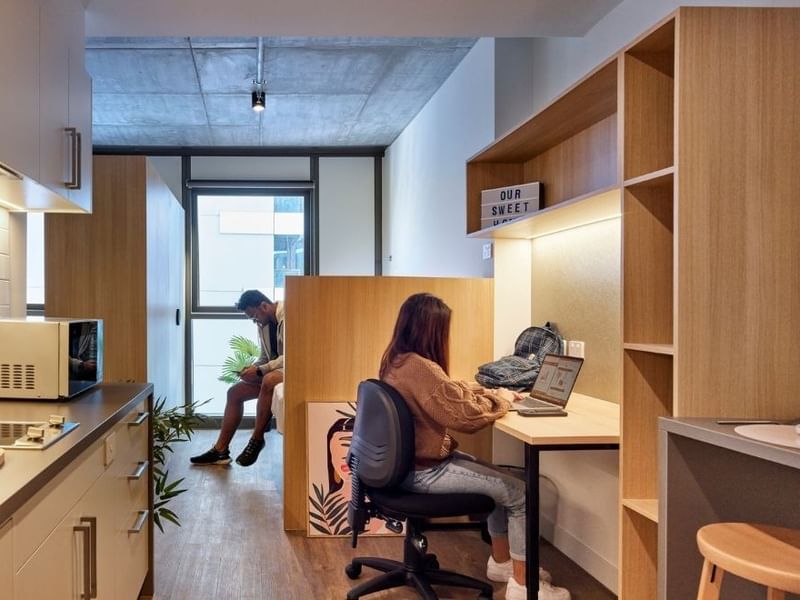
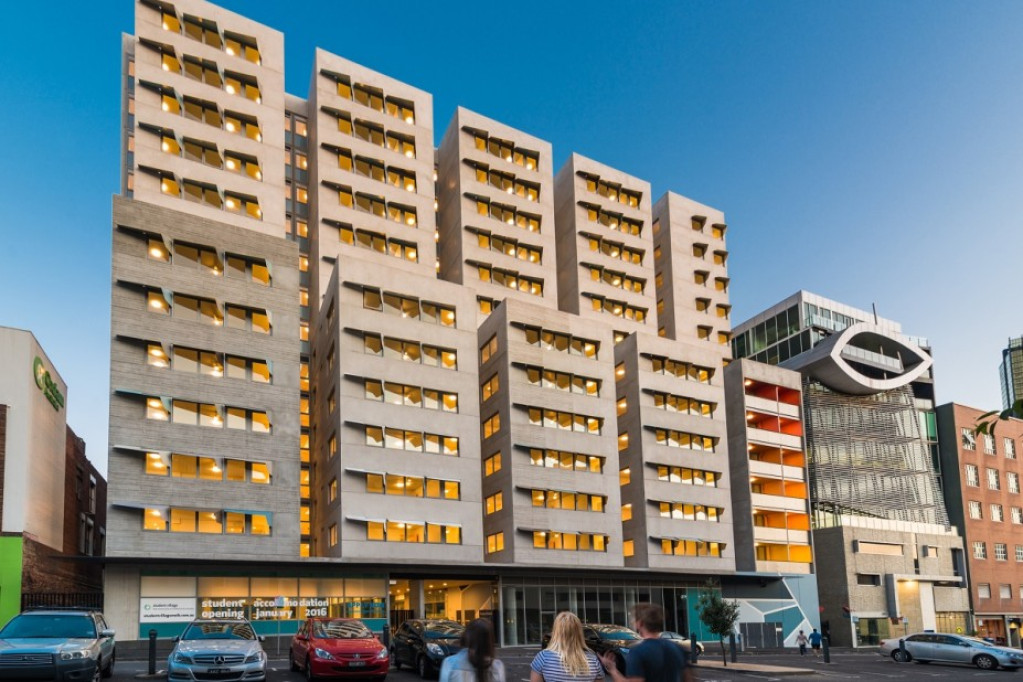
- On-campus housing (provided by universities)
- Private rentals (shared apartments or independent housing)
- Homestay programs (living with a local family)
- Websites like UniLodge, Flatmates.com.au, and Gumtree help students find affordable housing.
Transportation & Getting Around Melbourne
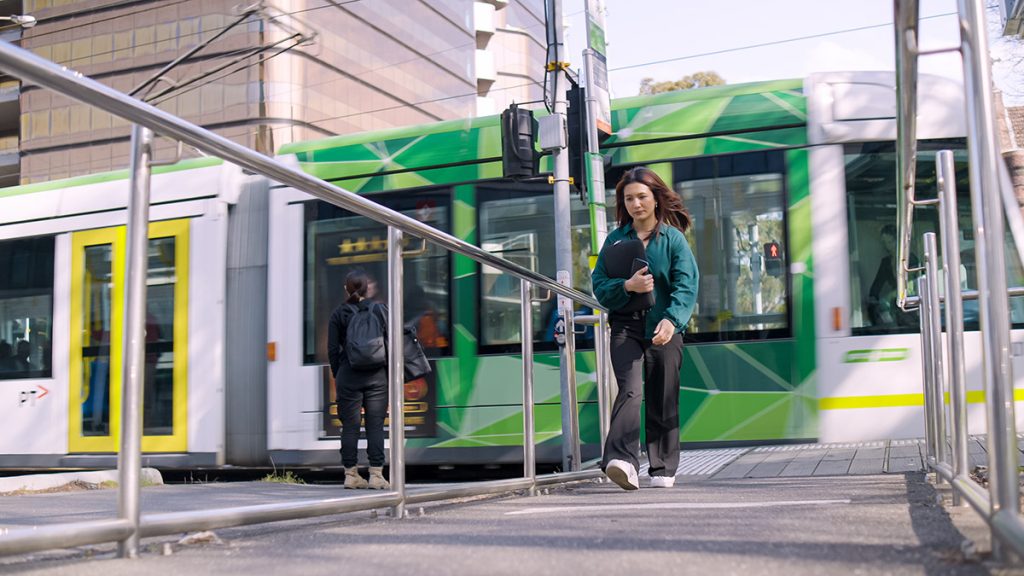
- Students should obtain a Myki Card for public transport (trams, trains, and buses).
- Discounts are available for full-time students.
- Best suburbs for students: Carlton, Brunswick, Hawthorn, and Footscray.
Recent Policy Changes Affecting International Students (2025)
New Student Cap on Enrolments
To address housing shortages and migration concerns, the Australian government has capped international student enrolments at 270,000 annually starting in 2025. This policy may lead to stricter admission criteria and processing delays.
Increased Financial Requirements
The cost of living requirement has risen to AUD 29,710 per year, making it essential for students to demonstrate greater financial capacity.
Stricter English Language Requirements
Increased scrutiny on English proficiency tests aims to ensure students can effectively participate in academic programs.
Post-Study Visa Options
Graduates looking to stay in Australia may apply for:
- Temporary Graduate Visa (Subclass 485) (Work in Australia after graduation)
- Skilled Migration Pathways (General Skilled Migration program)
- Employer-Sponsored Visas (If a company is willing to sponsor)
Tips for a Successful Student Visa Application
- Apply Early: Submit your visa application at least 3 months before your course start date.
- Ensure Accuracy: Double-check documents to avoid delays.
- Maintain Compliance: Adhere to visa conditions, including course attendance and work limits.
- Stay Informed: Regularly check the Department of Home Affairs website for updates.
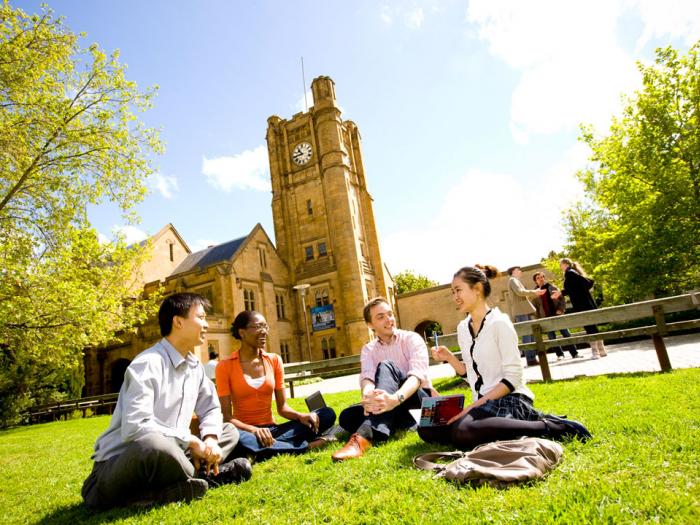
Prospective international students should start their student visa application process for Melbourne in 2025 early while following the recently established legal requirements. Melbourne continues to be an ideal location for overseas students seeking higher education because it provides excellent universities together with diverse student culture and strong employment prospects.
The official website of the Australian Government Department of Home Affairs together with the guidance from a registered migration agent represent the best sources for latest information.
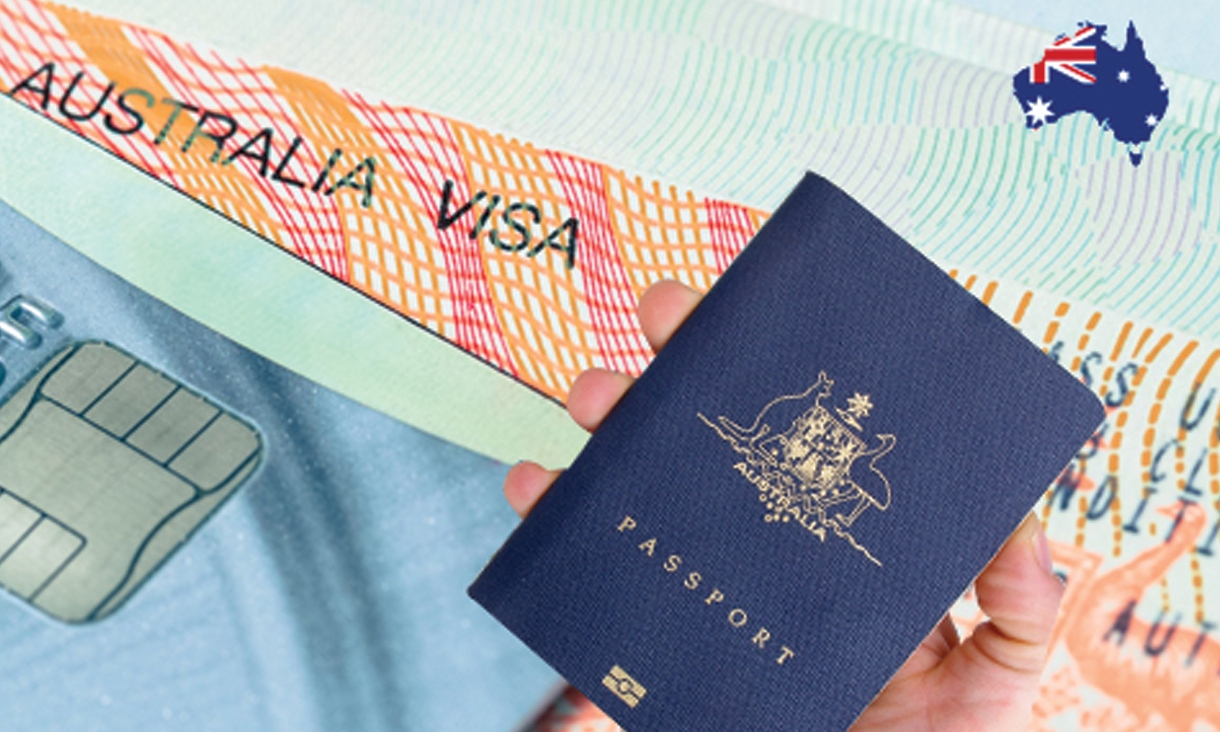

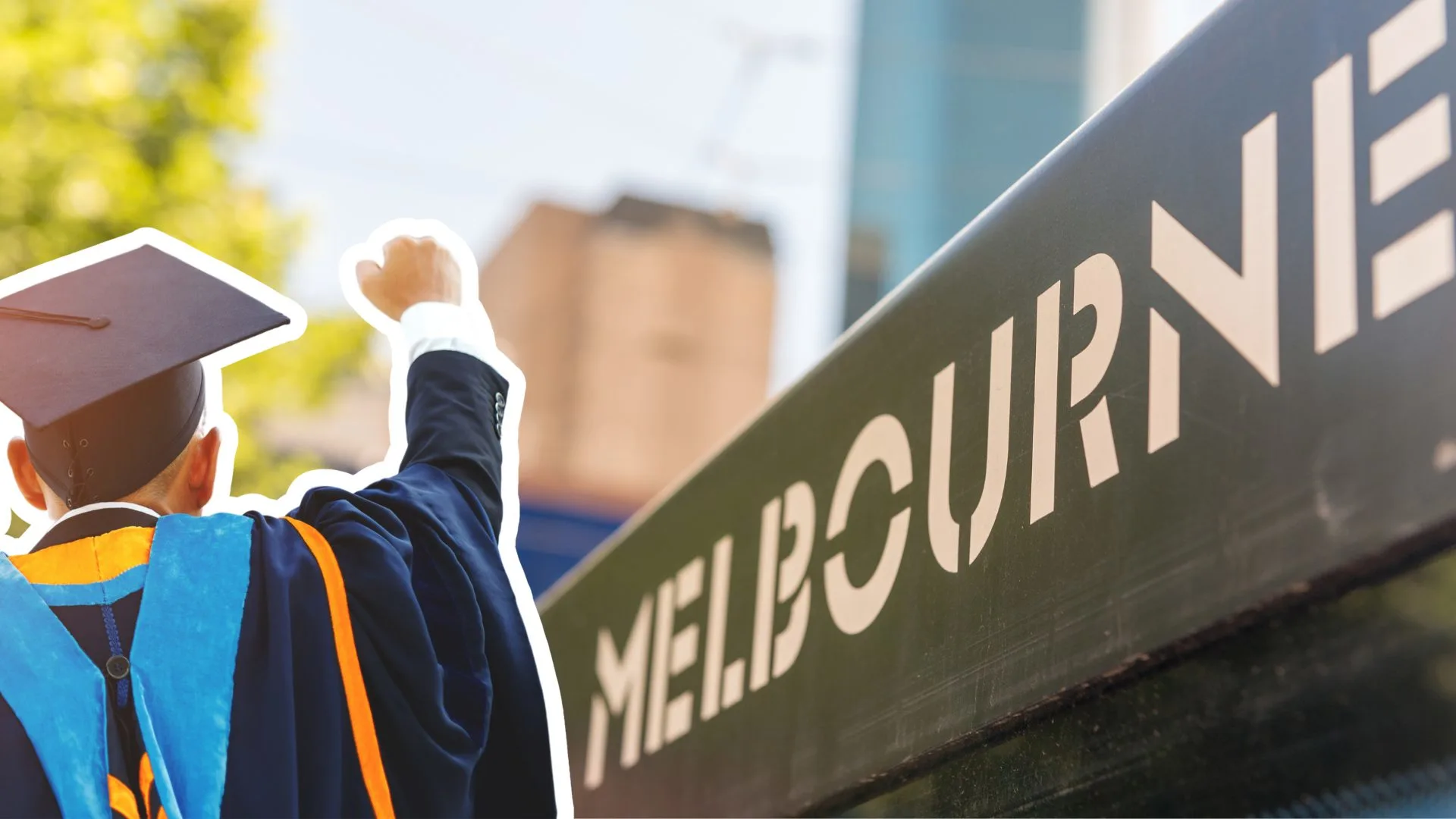
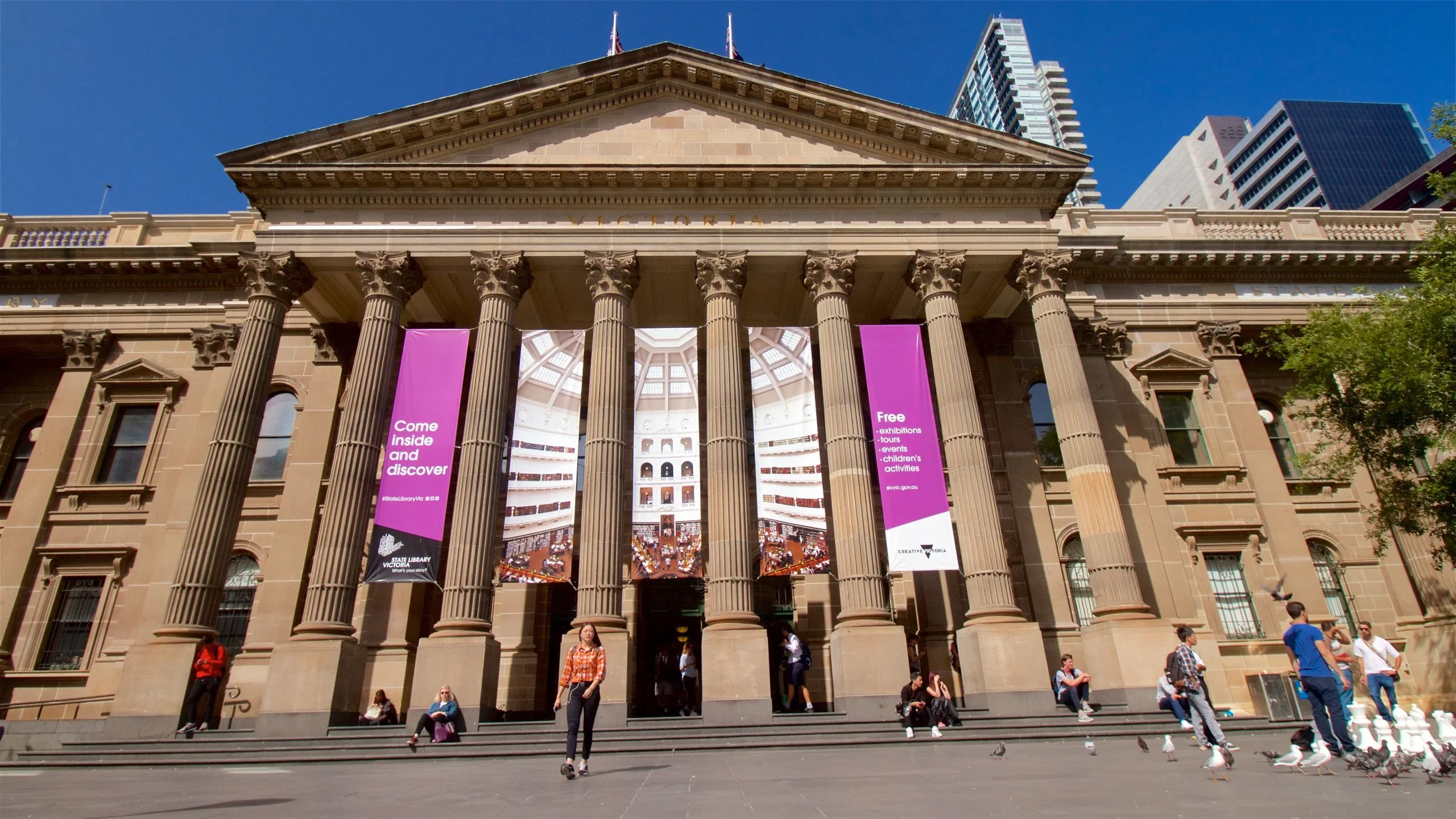
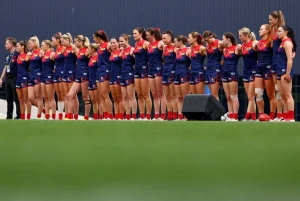

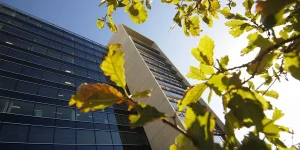

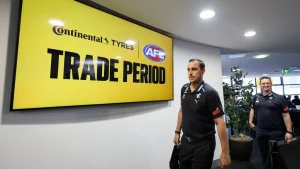





Post Comment